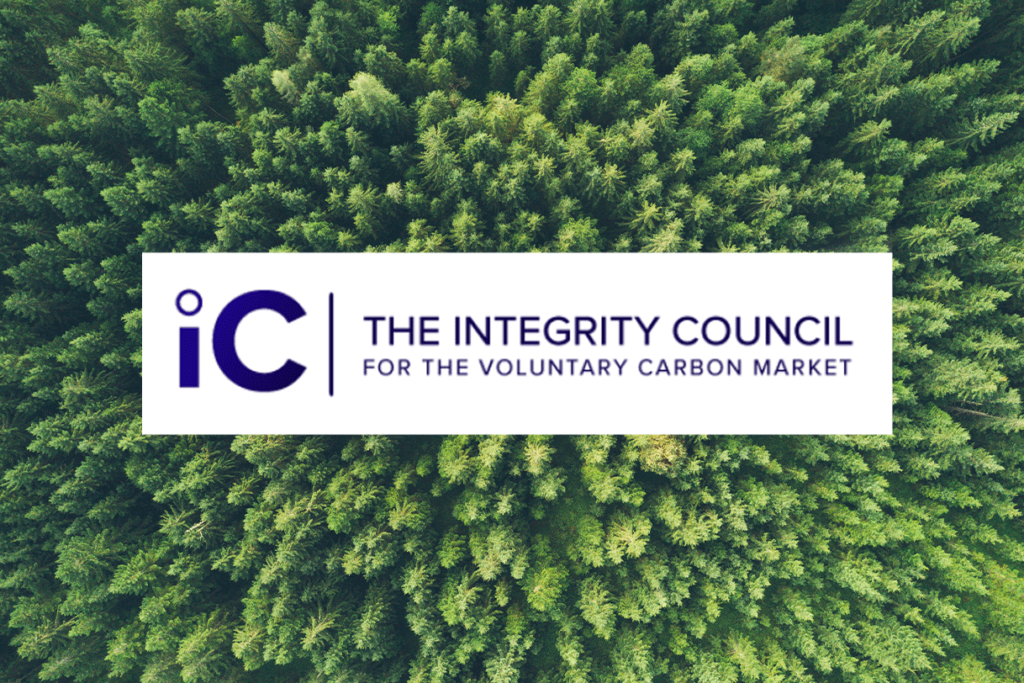The Integrity Council for the Voluntary Carbon Market (ICVCM), a non-profit organization, has announced the approval of the first carbon credits to carry its Core Carbon Principles label. This represents a significant step towards creating an integrity standard that promotes transparency and the expansion of voluntary carbon markets.
With the growing trend of companies setting net zero goals, the demand for carbon offset projects and credits is anticipated to rise substantially in the coming years. These offsets serve as a temporary measure for companies to bridge their transition towards reducing their own emissions or to balance emissions that are challenging to eliminate. However, the unregulated and fast-growing market faces numerous issues, such as the difficulty in distinguishing between high and low-quality projects due to inconsistent or insufficient data on their effectiveness.
The ICVCM, established in 2021 and supported by 250 organizations, aims to create and uphold a global standard of high integrity in the voluntary carbon market. Its goal is to channel funding into projects and programs that contribute to reducing greenhouse gas emissions.
The Core Carbon Principles (CCP), introduced by the ICVCM last year, are designed to establish fundamental criteria for high-quality carbon credits that ensure a verifiable impact, grounded in the latest science and best practices. This aims to set a global benchmark for integrity in the voluntary carbon market.
In their recent announcement, the ICVCM has approved the CCP label for seven carbon crediting methodologies, covering an estimated 27 million carbon credits. These projects include methane capture from landfills and the destruction of ozone-depleting foams and refrigerant gases from discarded appliances like refrigerators and air conditioners.
The ICVCM also noted that an additional 27 categories of carbon credits, which account for over half of the market, are currently under active evaluation. Other methodologies, such as those involving landfill gas and ozone-depleting substances, are being assessed and cover an estimated 76 million and 4 million credits, respectively. Upcoming assessments include multi-stakeholder evaluations of some of the most widely recognized types of carbon credits, such as REDD+ (Reducing Emissions from Deforestation and Forest Degradation), Jurisdictional REDD (JREDD), and clean cookstoves, which are expected to be completed in the near future.
